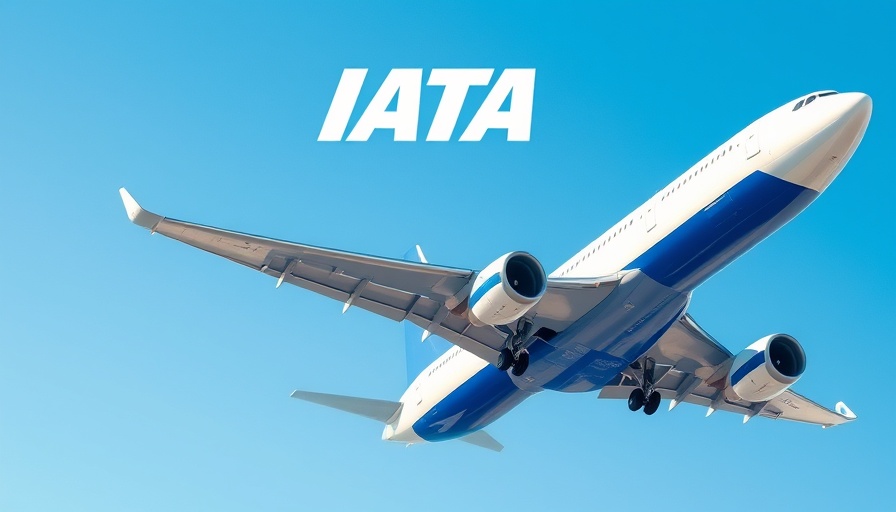
The Growing Importance of Aviation in Egypt's Economy
In recent years, aviation has emerged as a major driver of economic growth in Egypt, playing a crucial role not just in transportation but also in boosting tourism and creating jobs. According to a study released by the International Air Transport Association (IATA), aviation is responsible for generating USD 21.1 billion annually, which amounts to about 5.3 percent of the country's Gross Domestic Product (GDP). This substantial economic impact highlights how integral the aviation sector is to Egypt's broader economic framework.
Job Creation and Economic Activity
Aviation does not only boost the economy through direct revenue; it also supports a large employment sector. The industry and its associated tourism activities generate approximately 1.4 million jobs across various sectors in Egypt, including 32,800 roles directly within airlines. This creates a ripple effect throughout the economy, as these jobs support many families and contribute to local communities.
Strategic Vision for Growth in Aviation
According to Kamil Alawadhi, IATA’s regional vice-president for Africa and the Middle East, the Egyptian government recognizes aviation as a strategic tool for economic and social development. The minister of civil aviation, Dr. Sameh Elhefny, has expressed the government’s intent to further collaborate with IATA to maximize the benefits of this sector.
Key Priorities for Future Growth
In order to unlock the full potential of aviation, IATA has outlined three key priorities for Egypt:
- Cost-Efficiency: With ongoing investments in airport infrastructure like Cairo International and Borg El Arab, the government is encouraged to maintain collaboration with airlines and adopt global best practices. This approach ensures that financial burdens on both airlines and passengers are minimized.
- Sustainability: Egypt is already taking strides in this area, collaborating with the European Bank for Reconstruction and Development to produce Sustainable Aviation Fuel (SAF). This initiative aims to produce 120,000 tonnes of SAF annually, aligning with Egypt’s Vision 2030 and our global commitment to achieve net-zero carbon emissions by 2050.
- Capacity-Building: A trained and skilled workforce is essential for a thriving aviation sector. Investing in workforce development will help meet current demands and future challenges in the industry.
The Future of Aviation in Egypt
Looking ahead, Egypt's aviation industry is poised for significant growth. The ongoing collaborations and strategic investments signify a determination to enhance air travel experiences and secure a sustainable future for aviation. As the country implements its development plans, we can expect further innovations aimed at improving both efficiency and environmental sustainability.
Overall, aviation is not just about travel; it’s deeply linked to the economic health of Egypt. With proactive governance and strategic partnerships, the Egyptian aviation sector can continue growing and adapting to global standards, thus enhancing its contribution to the economy.
 Add Row
Add Row  Add
Add 




 Add Row
Add Row  Add
Add 


Write A Comment